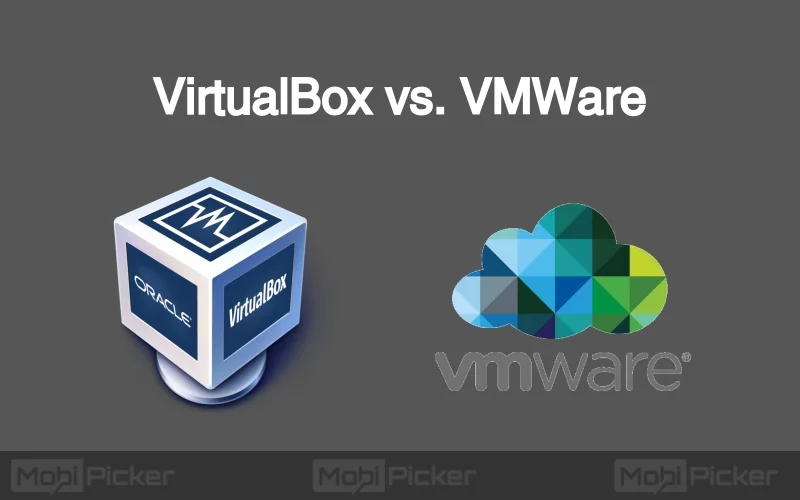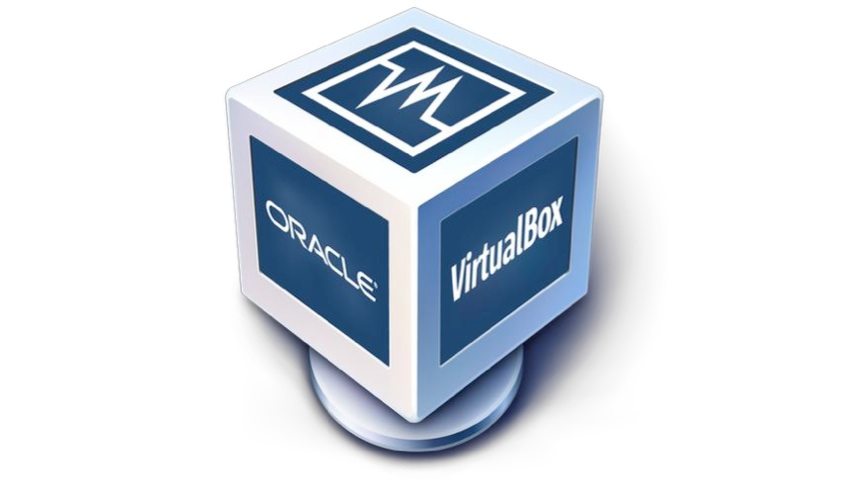Those who are aware of the concepts of virtualization and using virtual machines to run different OS on your desktop or laptops will know that VirtualBox and VMware are the most popular and widely used options for virtualization. Often, people wonder if VirtualBox and VMware are really the same or different, what distinguishes one from the other? So in short, VirtualBox vs VMware is something we all need to know. It’s important to understand the differences between these two softwares so that when you do decide to try them out, you can make informed decisions.
VirtualBox and VMware are both virtual machine software suites for x86 and x64 computers. These software allow you to run different OS inside your current host OS. For example, if you are currently using Windows OS, you can run Linux using VirtualBox/VMware. This opens up a world of endless possibilities. For the tech enthusiasts, this unlocks the freedom to try out different kinds of OS on the same machine. There are many Windows fans out there who wish to try out Linux and Mac OS. For them, this is just the right way to do it!
Contents [show]

VirtualBox vs VMware: What is Difference and Which is Better
It’s important to understand the difference between the two most widely used virtual machine software suites.
What is VirtualBox
It is a virtualization package developed by Oracle Corporation, although it was originally created by Innotek GmBh. VirtualBox supports Mac OS X, Linux, Windows XP and above, Solaris and OpenSolaris. VirtualBox is pretty famous the world over and has a wide user base.

What is VMware
It is a virtualization software developed by VMware Inc, a company based in California, USA. VMware supports Linux, Windows, and Mac OS X. VMware workstations also let you run multiple OS of x86 or x86-64.

VirtualBox vs VMware
Installation
There are little differences between VirtualBox and VMware when it comes to install times of OS. Both perform well and installation proceeds without any hassles. When it comes to installation, both these softwares fare along similar lines, with no noticeable differences.
Boot Times
Boot times is something that’s really important for virtualization OS. You wouldn’t want to spend endless hours waiting for your machine to boot up. Fortunately, both the softwares are pretty good when it comes to boot times. Also, booting and using the OS within the virtual machine feels the same in both VirtualBox and VMware. So both fare on par when it comes to boot times.
File Copying Operations
VMware is a bit faster when it comes to file copying operations. For small files, you won’t really notice any difference since VMware and VirtualBox are the same when it comes to performance. For a 1GB file, VirtualBox used to about 200 seconds while VMware can copy the same in less than 70 seconds. With the latest improvements in VirtualBox, it comes very close to VMware, taking less than 75 seconds to copy the same 1GB file. So in short, both the softwares are on par when it comes to file copying operations.
User Interface – Single Window vs Multi-Windows
VMware has a single window interface, while VirtualBox has multi-windows. This approach of multi-windows is better and offers greater freedom and flexibility. But we do agree that this is purely subjective. Some prefer to have less clutter and would vote for a single window. Single windows are great when you are performing focused tasks. Multi-windows can sometimes cause distraction and steer you away from the task at hand.
Networking
VMware is easier to use when it comes to networking. VirtualBox is slightly difficult in the sense that you have to manually create a bridge network if you wish to be on the same subnet as your host. For someone who is unfamiliar with bridge networks, this can be quite technically challenging.
These are the main differences between VirtualBox and VMware. VirtualBox vs VMware debate continues even to this day in tech community. As to the question of which of these is better, we would say each has their own pros and cons. It all depends on your preferences and tastes. What’s good for you may not be good for others. Some may like clean single-window interface while others may prefer multi-window approach. Give both the virtualization softwares a try and decide which one best suits your needs! After all, it isn’t that hard to try them out!
If you are a newbie to the world of virtualization check out our posts on How to install VMware Player and procedure for VirtualBox Download and installation.
